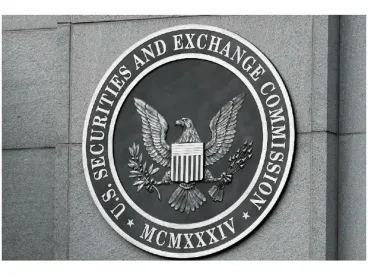For the past several years, securities law violations have been part and parcel of many EB-5 regional center transactions. Now the tide appears to be turning. How?
The government has entered the picture. At least to some degree. On December 7, 2015, the Securities and Exchange Commission (SEC) issued a press release to confirm sanctions against several immigration lawyers who allegedly appear to have acted as unregistered brokers. This was an expected turn of events, as the SEC often targets gatekeepers including lawyers in enforcement efforts.
The message to EB-5 market participants is clear. The SEC will prosecute unregistered brokers of EB-5 deals. What does it mean to be a broker? For starters, it means inducing individuals into investments and receiving transaction based compensation for it. Effectuating the sale of securities — being an intermediary between and investor and regional center — is also problematic. The issue is not that complex. What is so extraordinary is the extent to which this practice has been tolerated and under explored by the SEC until now.
The EB-5 industry presents challenges to regulators. There is no other area of private placements where the line between providing legal advice, marketing and brokering deals has been so obfuscated. But the SEC’s actions are a clear message that gatekeepers in the EB-5 industry will be held accountable for violations of securities laws. We see this as good news for investors, regional centers and the long-term picture of EB-5.
Payment of finder’s fees to unregistered brokers has plagued the EB-5 industry since the explosion of offerings in 2009. Having unqualified brokers in a deal undermines the integrity of an EB-5 deal, harms investors and exposes all parties to confusion and disputes later. And this practice is risky for issuers who have exposure to claims of rescission. But we have not seen the end of the story here.
We expect more enforcement activity in EB-5. In this environment, regional center owners and EB-5 issuers need to take steps now to ensure that compliance and best practices are in place. How you sell your deal matters.




 />i
/>i

